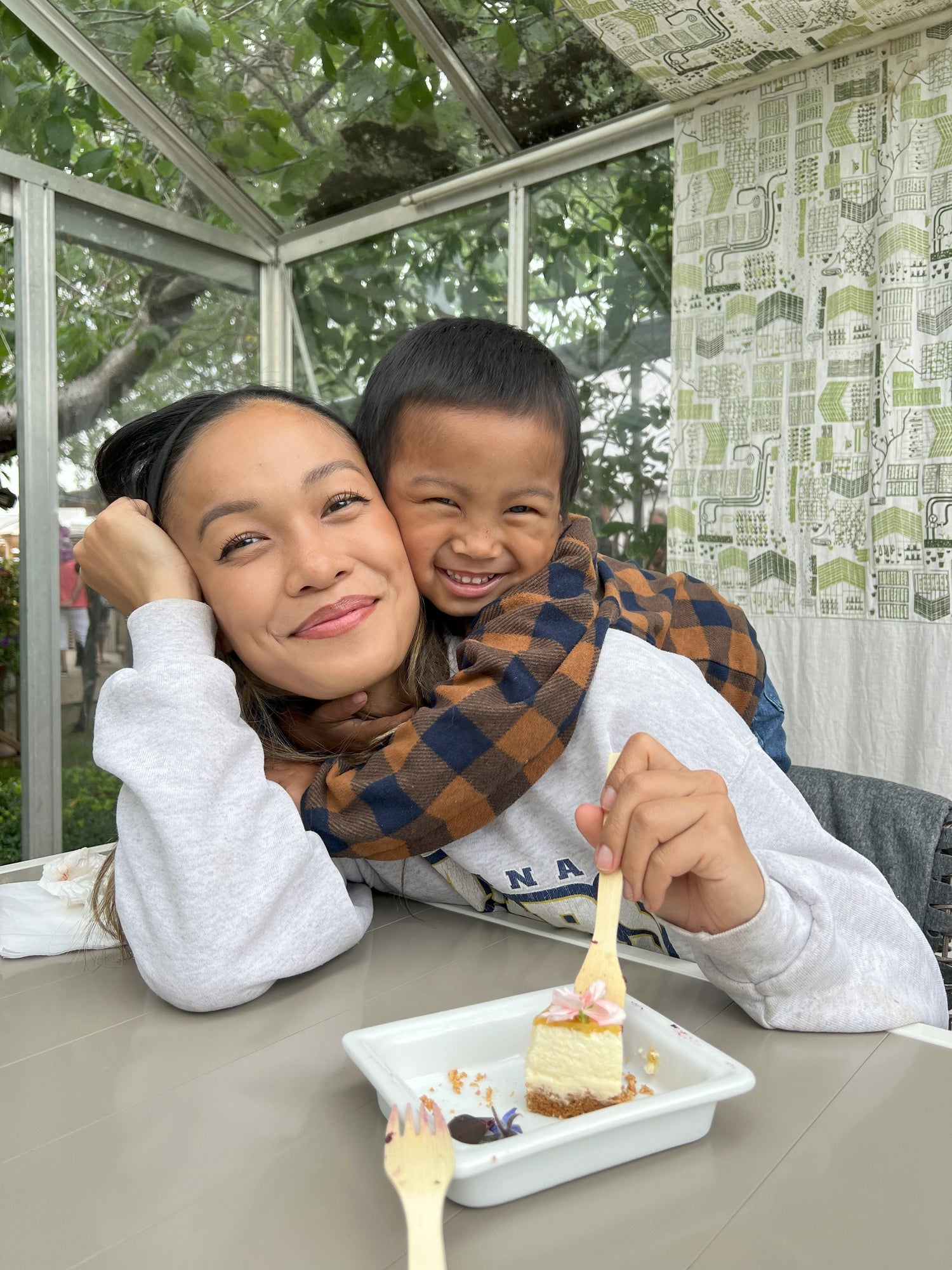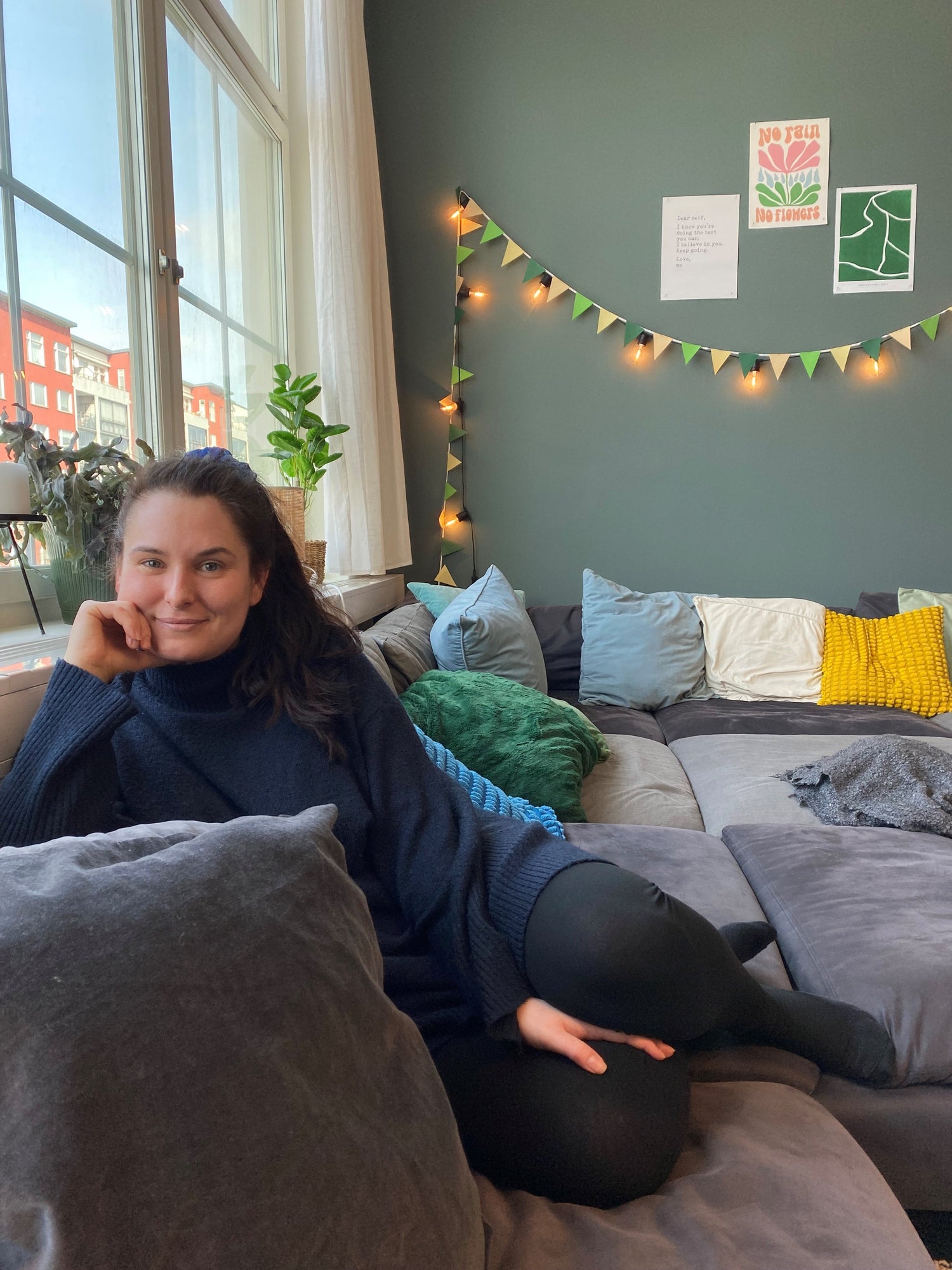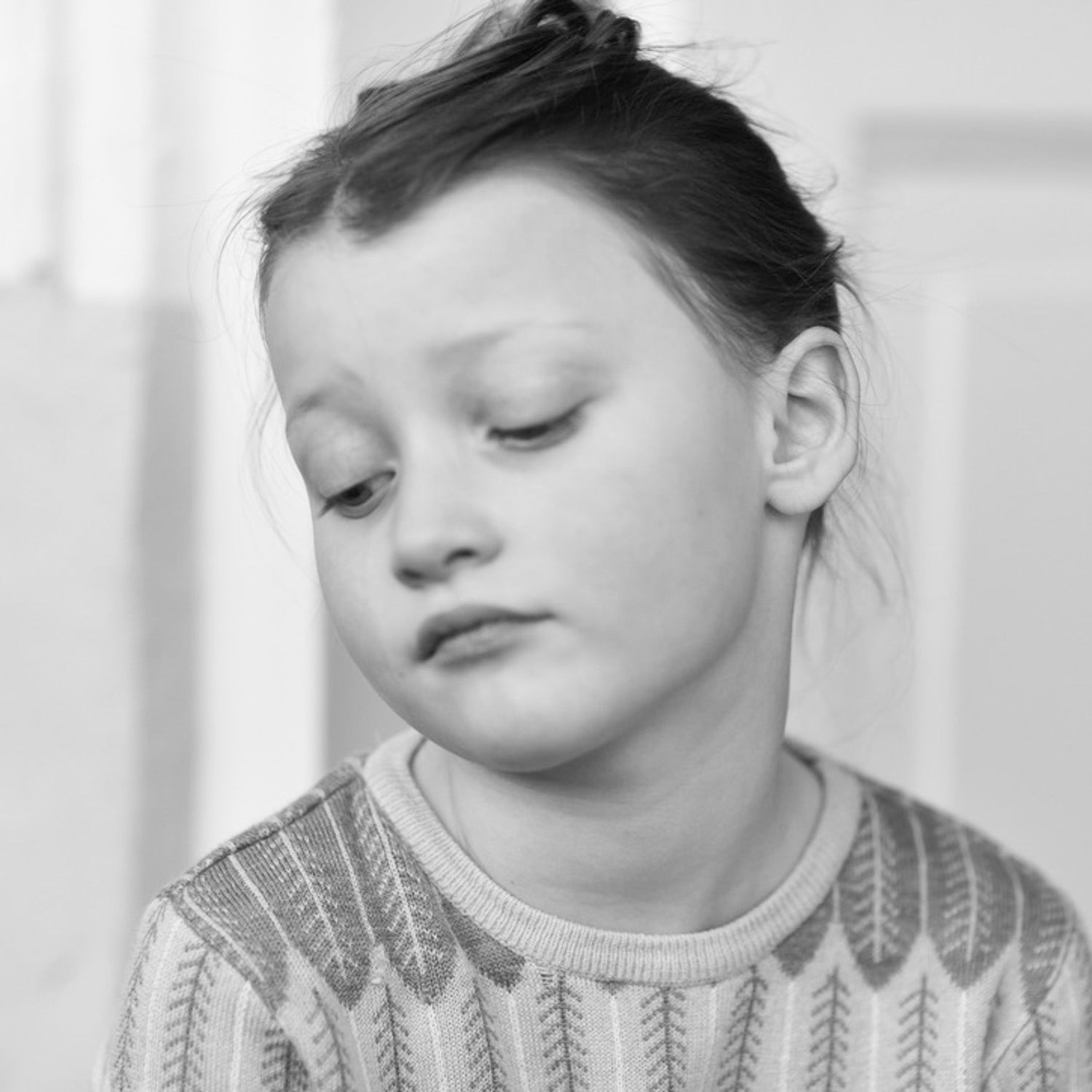Traumatized children
Children in severe crisis naturally need professional help, both directly and continuously. Doctors and psychologists are obvious in, for example, organizations that help on the ground in war and in the countries to which the war-affected have moved. But one does not exclude the other and according to Rädda Barnen, everyone can provide psychological help in different contexts. Among other things, they write like this on their website:
"Crises turn everyday life upside down and it can feel like we lose all control and faith that things will be fine again. Psychological first aid for children is suitable for many different situations. From supporting a single child in the evening after a nasty news to meeting a school class the day after a terrorist act or children on the spot where a disaster has just occurred. As with first aid for acute bodily injuries, it is not something that requires extensive training. Contributing with time, commitment and calm goes a long way!”
Rädda Barnen also has a list that gives tips on things to do when you meet children in crisis. (After all, there are so many professions today that involve daily meetings with, for example, children who have come from war):
Concrete tips for those who meet children in crisis
- Introduce yourself and tell us what you can help with."Hello my Name Is..."
- Support parents to take care of their children themselves in the first place. Encourage the confidence of parents and other close relatives that they are able to calm down and show adequate care even in a very difficult situation.
"What would help you support your child right now?"
"How do you usually calm your child down? Shall we try if it works now too?”
- Speak in everyday words. Avoid using strong descriptions and scary words such as terrible, panic, horrible.
- Confirm feelings and calm down. See if you can find a secluded and quiet place that makes it easier for children and parents to ask questions and tell them what they need help with.
"You seem scared, can we take a deep breath together and then see how I can help you?"
"What do you think about us sitting here for a little while?"
- If a child wants to talk, take the time to listen.
- Normalize and explain common crisis reactions.
"It can feel difficult to think clearly when we get scared, sometimes it can feel like it's just spinning in the head."
"It's normal to feel weird when really scary things happen. The body can feel different.”
- Find out what usually works for the child to calm them down.
"What do you usually do when you are worried? What usually works for you to calm down?”
- Relieve from debt.
"You couldn't do more, it would be very dangerous."
"It's very difficult now, but I see you're trying to do the best you can."
- Encourage the child's spontaneous positive strategies.
"How cozy you have wrapped yourself in the blanket!"
“So good you hold the glass!”
“I saw you helping to get pencils, so nice of you!”
A list that I think is good to keep in mind if/when these meetings happen. We can all meet a child in crisis...

I have thought a lot about this – on the one hand, so much specialist skills are required; a society that keeps and builds up traumatized children and people who have been through terrible things. On the other hand, we all have a responsibility: if we can contribute, we should. We at Bonki always want to share our belief that emotional talk is important for everyone, and in this it is put even more to the fore. If you are good at feeling and expressing your own feelings (and boundaries), it becomes easier and more obvious to help others, I think. The step of extending a hand and responding to a child with trauma is not as far.
A person in my circle of acquaintances is just such a person. With strong integrity, clear boundaries and what I have always experienced as great self-awareness and understanding of one's own feelings, she has always contributed so naturally where others often back off. When I understood that she has volunteered for an organization and in various ways supported children who came here from war-torn countries, I was not surprised. If anyone, then she.
I had a little conversation with her the other day and would love to share it with you. Maybe as an inspiration to myself, maybe as a little hope that we can understand that together we can do so much more so that all children will have the opportunity to grow up, not only physically survive but also feel good and learn to feel , talk and dare to ask for help. Nothing is actually more important than just that.
The conversation was about the importance of setting boundaries and why it is crucial for children to be able to express feelings. In this conversation, my friend is, for obvious reasons, anonymous.
- I've always seen you as kind of strong. Not because you (as "strong" is often seen) "can handle anything and bite the bullet", but rather the opposite - you can say out loud that you don't want to, can't or prioritize something else. I was not surprised when (a mutual acquaintance) told me that you volunteer and meet a lot of children in crisis.
- I don't see myself as strong.. but what I think is that the image you have of yourself matters. My parents believed in everything I did, never judged and we talked about everything..really everything..no nonsense. I have always seen my place as self-evident, in situations, at work, in relationships... it probably plays a role. I never learned to apologize, as I sometimes understand others did growing up. Maybe it gives me an advantage sometimes.. I dare to take on things that hurt.
- What do you think your manner and personality can give children in crisis?
- I don't think that I can give more than anyone else, but a certain foundation is required, that you are quite stable in your own feelings. After all, children can sense when you waver emotionally. If you are more stable emotionally, you reach the children better, can be present and a lot comes "for free" then. But that doesn't mean never being allowed to show your own feelings as some people think! It is the insecurity or when adults try to pretend to be strong that children react negatively to - not that the adult has feelings.
- We at Bonki are sure that it is important to become emotionally intelligent in order to have the tools to feel good throughout life. Starting to talk feelings early is good. But is there a difference in how you talk about what you feel with children who have never been near war and with those who have been?
- I am not a psychologist and there are certainly different aspects there. Having said that, my answer is both yes and no. On the one hand, children, all children, have different experiences, but if you have been involved in war, efforts are needed on many levels. On the other hand..kids are kids. When the emergency situation is over, we meet them as children. We exist, we play, we laugh, we talk, joke, help and support. In the laughter, for example, children who come from war and children who have never experienced anything similar meet. If they can meet there, I think there are all the possibilities in the world to be involved and give children environments to grow in that hopefully give them strength in life - emotions are the key to both well-being and that people can meet across borders..we meet in something that we recognize in each other, where there are no differences. You contribute to that world everywhere - even at home with your own children. Start there!
Thanks for wise words. Of course, we agree and know that our emotion cards are used by adults who work with children in crisis who have had it tough, as well as by thousands of families. Come in and peek If you haven't already done so. We gratefully receive all questions you have - none too big to answer!





